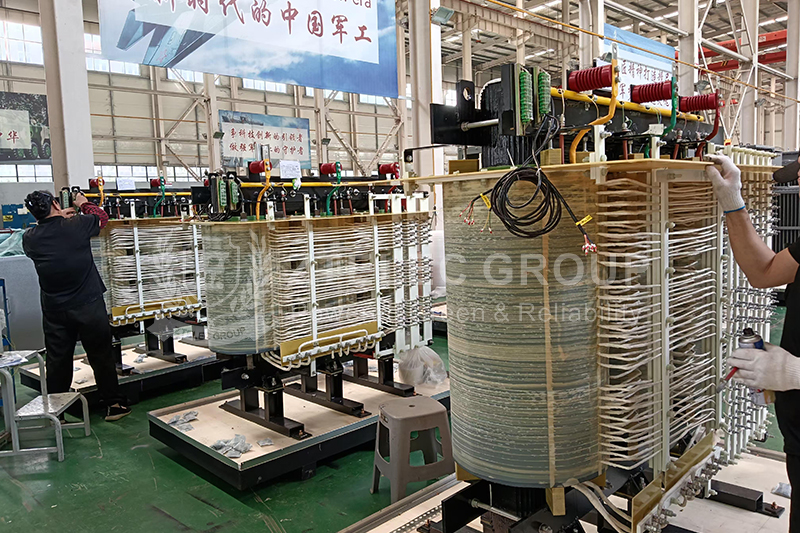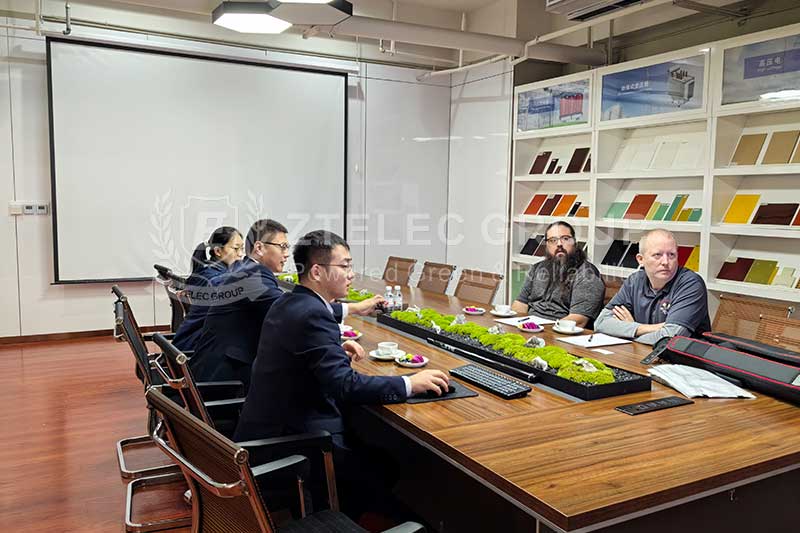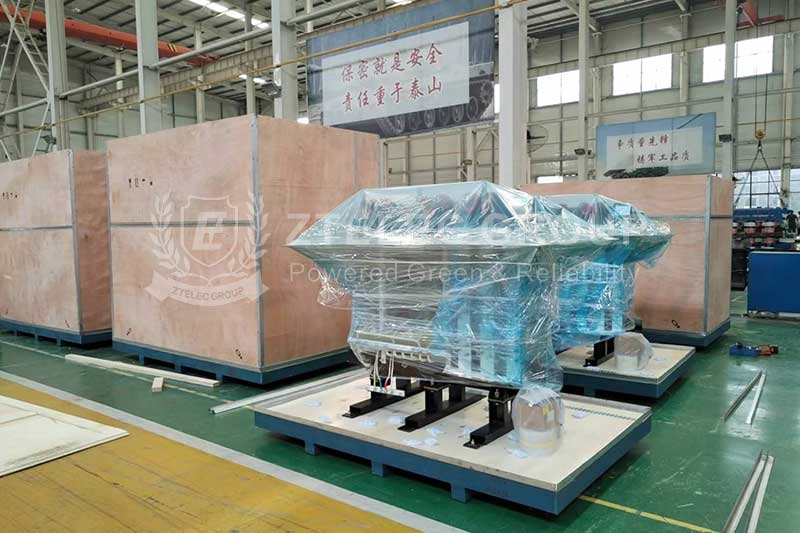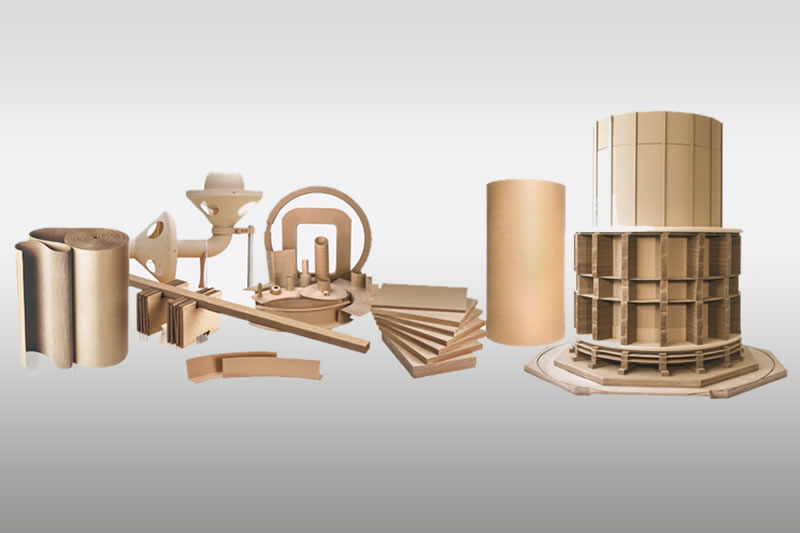Types, Characteristics and Applications of Phenolic Materials
2024-01-15 16:13 | By: ZTELEC-www.ztelecgroup.com | 76click
Here are some common uses of phenolic plastic:
-
Electrical Insulation:
- Phenolic plastic is widely employed in the electrical industry for its excellent electrical insulating properties. It is used to manufacture components such as switches, insulators, circuit boards, and electrical connectors.
-
Automotive Components:
- In the automotive sector, phenolic plastic is used for various components, including brake pads, distributor caps, and electrical parts. Its heat resistance and durability make it suitable for these applications.
-
Consumer Goods:
- Phenolic plastic has been historically used to manufacture a variety of consumer goods, such as kitchenware, utensils, buttons, and radio and appliance casings.
-
Industrial Components:
- Industrial applications of phenolic plastic include the production of gears, bearings, rollers, and other mechanical components. Its mechanical strength and resistance to wear make it suitable for these uses.
-
Aerospace Components:
- Phenolic plastic is used in aerospace applications for its lightweight properties and resistance to high temperatures. It may be utilized in components such as aircraft interior parts and insulation.
-
Molding Compounds:
- Phenolic molding compounds are widely used in the manufacturing of molded parts. These compounds, reinforced with materials like paper, fabric, or glass, can be molded into intricate shapes, making them suitable for various applications.
-
Construction Materials:
- In construction, phenolic foam, a type of rigid foam insulation made from phenolic resin, is used for thermal insulation in buildings. It provides excellent thermal performance and fire resistance.
-
Adhesives and Coatings:
- Phenolic resins are used as adhesives and coatings due to their ability to adhere well to various materials. They are employed in bonding wood, laminates, and other substrates.
-
Tooling and Fixtures:
- Phenolic plastic is utilized in the manufacturing of tooling and fixtures, especially in industries where dimensional stability and resistance to wear are essential.
-
Textile Industry:
- Phenolic materials, in the form of laminates, are used in the textile industry for applications such as loom components, shuttles, and other machinery parts.
-

tags:insulation failure transformertransformer short circuittransformer overheatingtransformer overloadtransformer maintenance
- more+releated article
- 2026-01-04Common Power Transformer Faults: Causes, Solut
- 2025-12-312026 New Year Holiday Notice
- 2025-12-31Operation, Maintenance, and Service Life Manag
- 2025-12-30How to Select a 100 kVA–500 kVA Distribution
- 2025-12-29The Impact of NHN NMN Composite Insulation on
- 2025-12-26Practical Application of GPO-3 Insulation Boar
- 2025-12-2510kV Transformer Replacement Timeline: Install
- 2025-12-25Low Smoke EN45545 GPO3 UPGM203 Laminated Board
- 2025-12-24Merry Christmas — ZTelecgroup Christmas Cele
- 2025-12-24How to Select a Suitable 50kVA–500kVA Distri









